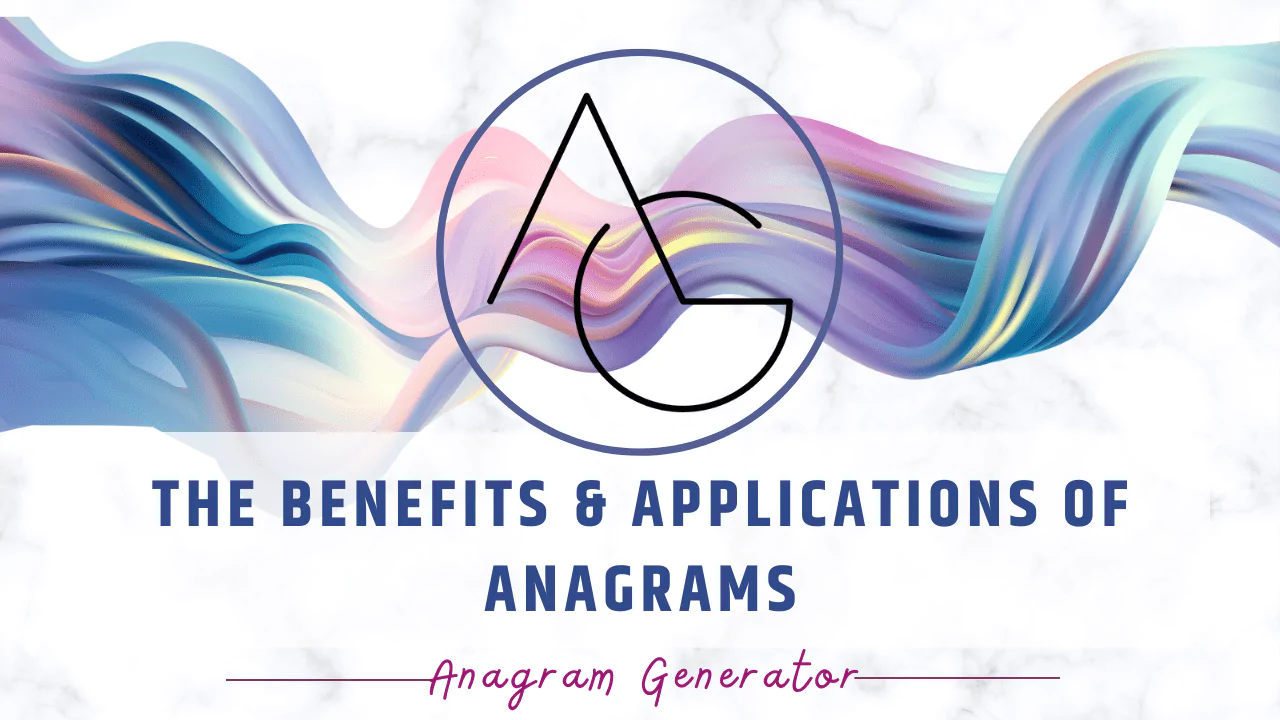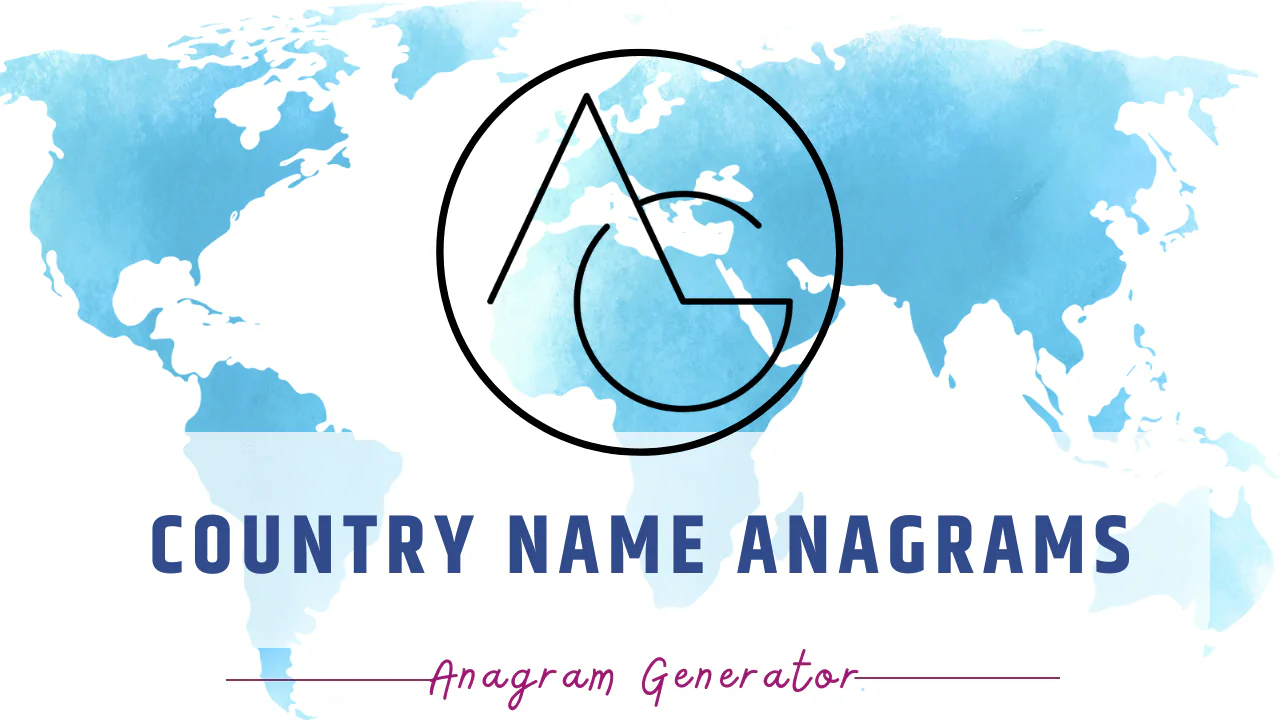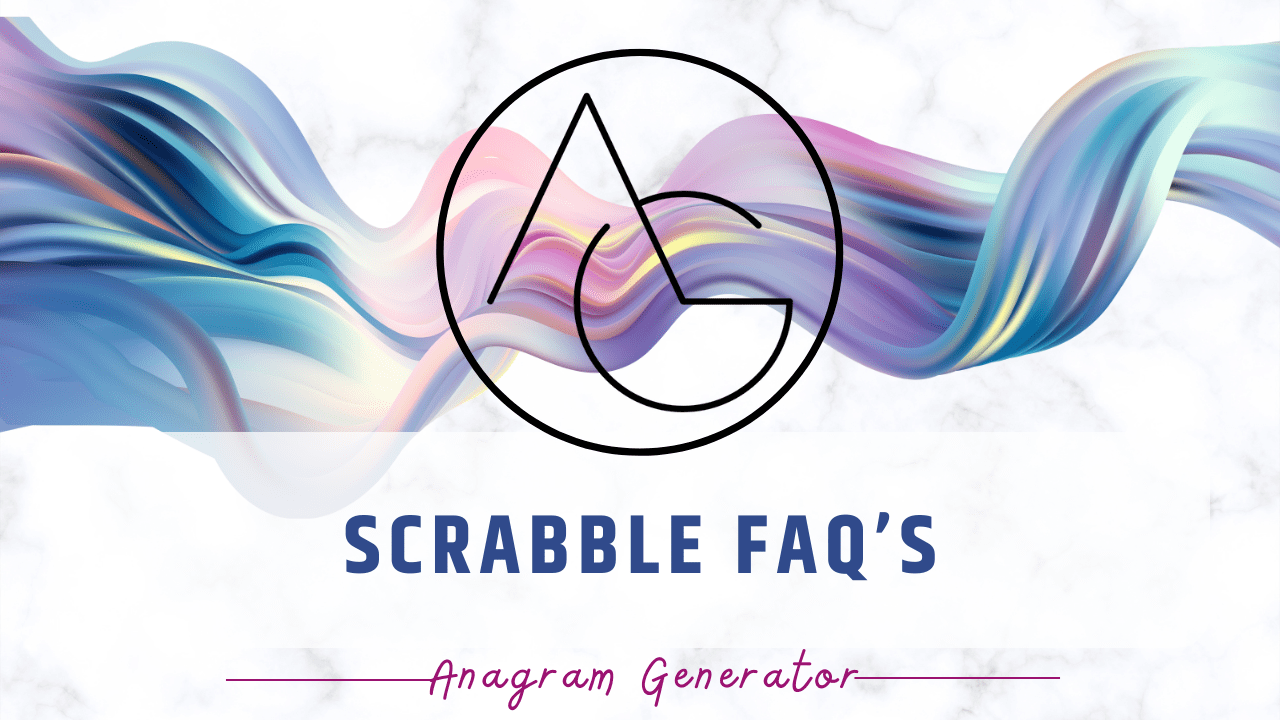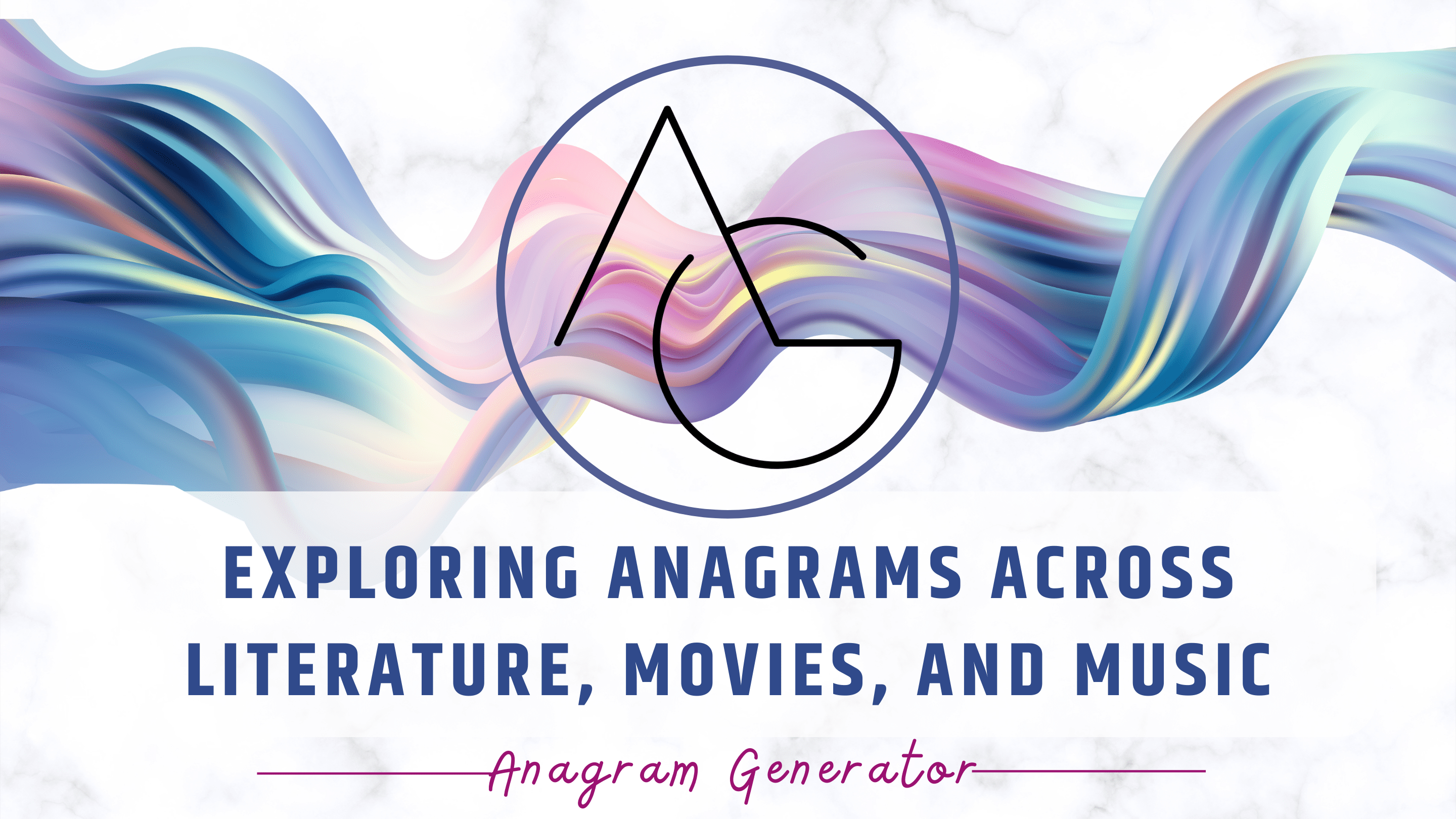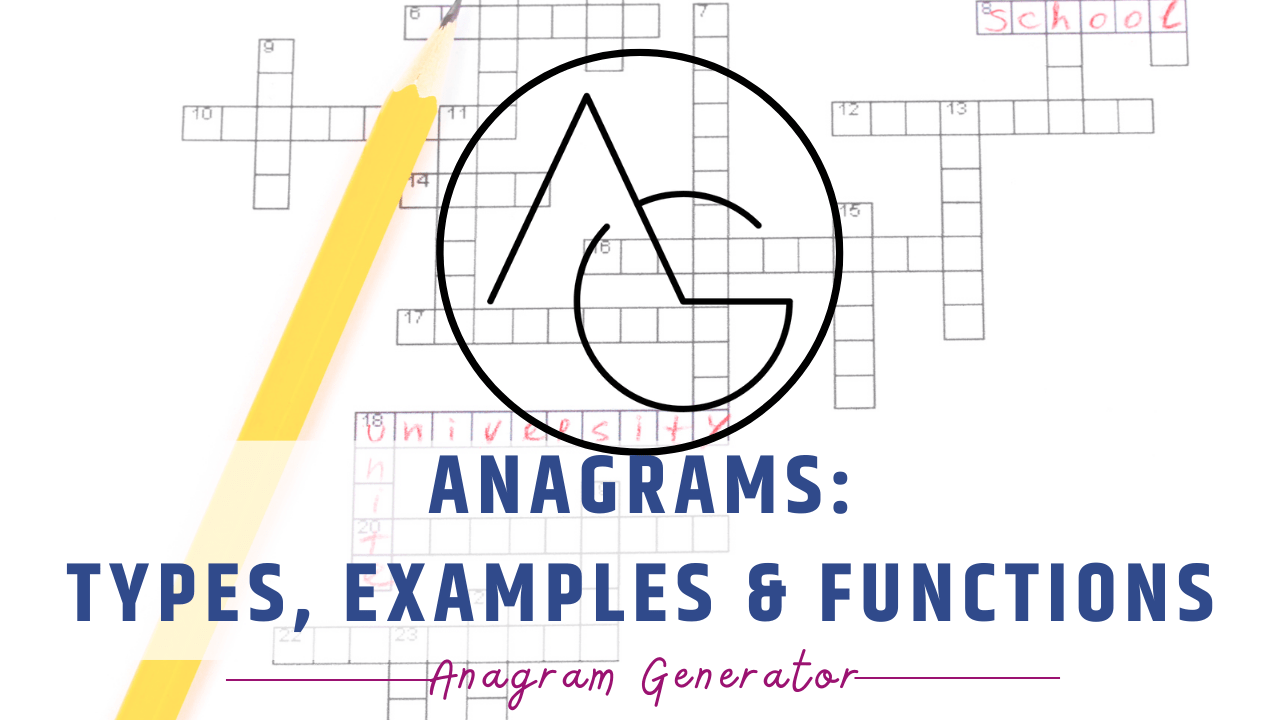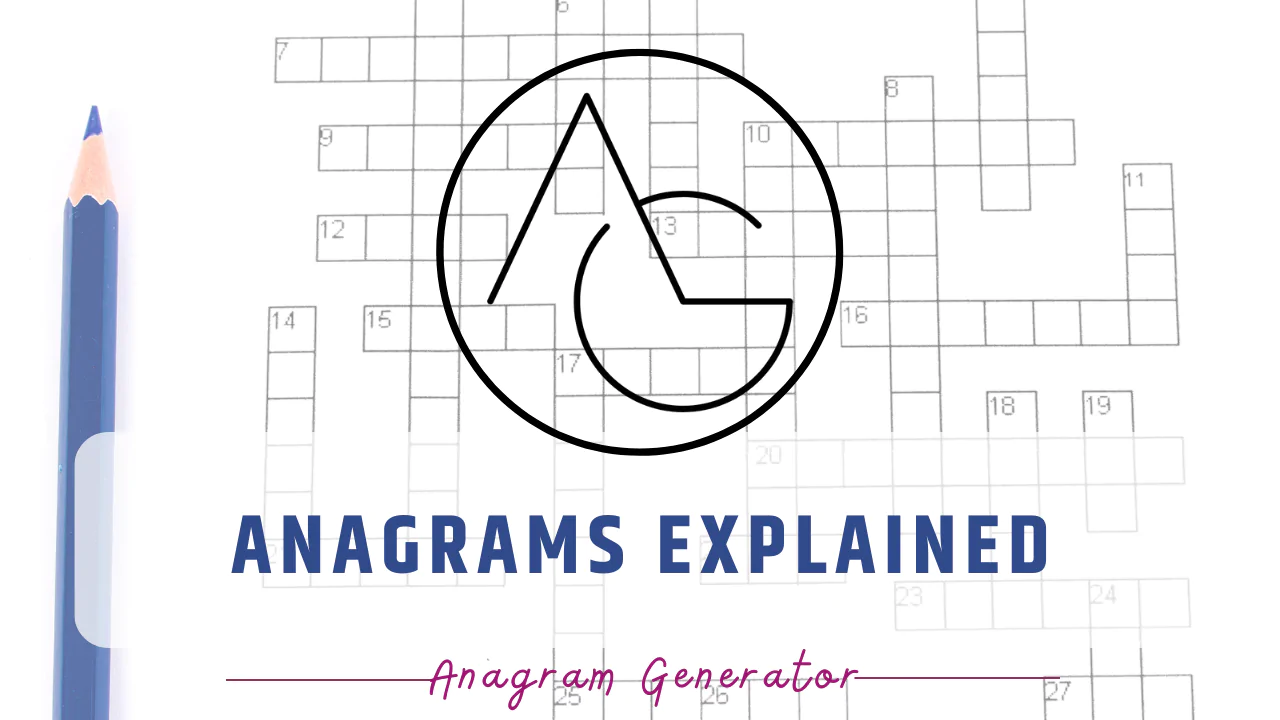The enjoyable challenge of solving anagrams and the moments of entertainment they provide have contributed to the game’s long history of popularity. Rearranging letters to create new words or phrases is the goal of these word searches. Throughout history, anagrams have endured as a beloved pastime, from classic board games to modern smartphone applications. Nevertheless, anagrams provide a wealth of advantages for cognitive growth beyond their entertainment value. They can enhance our linguistic skills, problem-solving ability, and memory recall. We shall explore the realm of anagrams and the hidden cognitive advantages they offer in this blog.
Brain exercise
- Problem-solving: The ability to solve a problem by seeing patterns and rearranging letters to create new words is essential for solving anagrams. Solving these problems requires mental effort.
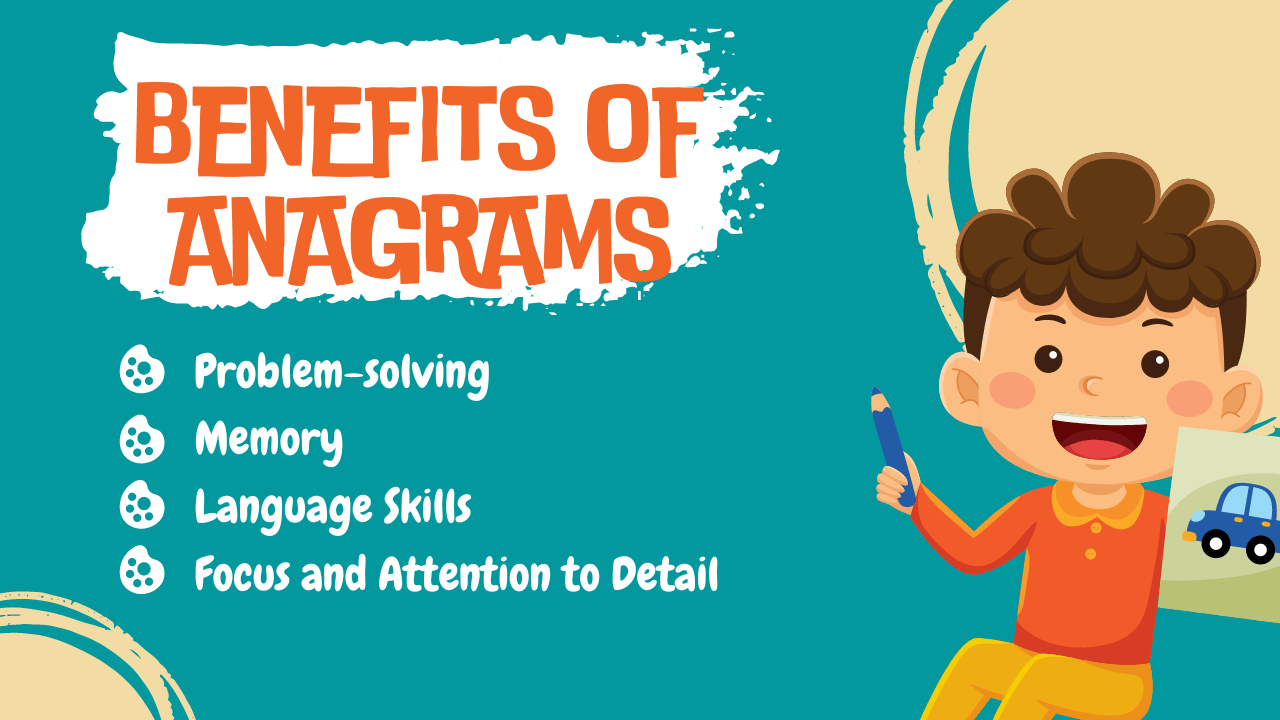
- Memory: Players enhance their memory function by recalling previously encountered words and letter combinations. They can apply these words in new settings.
- Language Skills: Anagrams promote the investigation and growth of vocabulary, which is a skill in language development. As they play, the players find new words and try out various letter combinations.
- Focus and Attention to Detail: Focusing on the finer points of letter placement and word building helps to enhance focus and attention. It improves general intelligence as well.
- Being adaptable: Players of anagrams need to be able to think on their feet and come up with creative solutions using the letters given.
Word Games:
Games that test players’ vocabulary and critical thinking skills often employ anagrams. Some examples are Boggle, Scrabble, and Words with Friends. There are several typical applications for anagrams in word games:
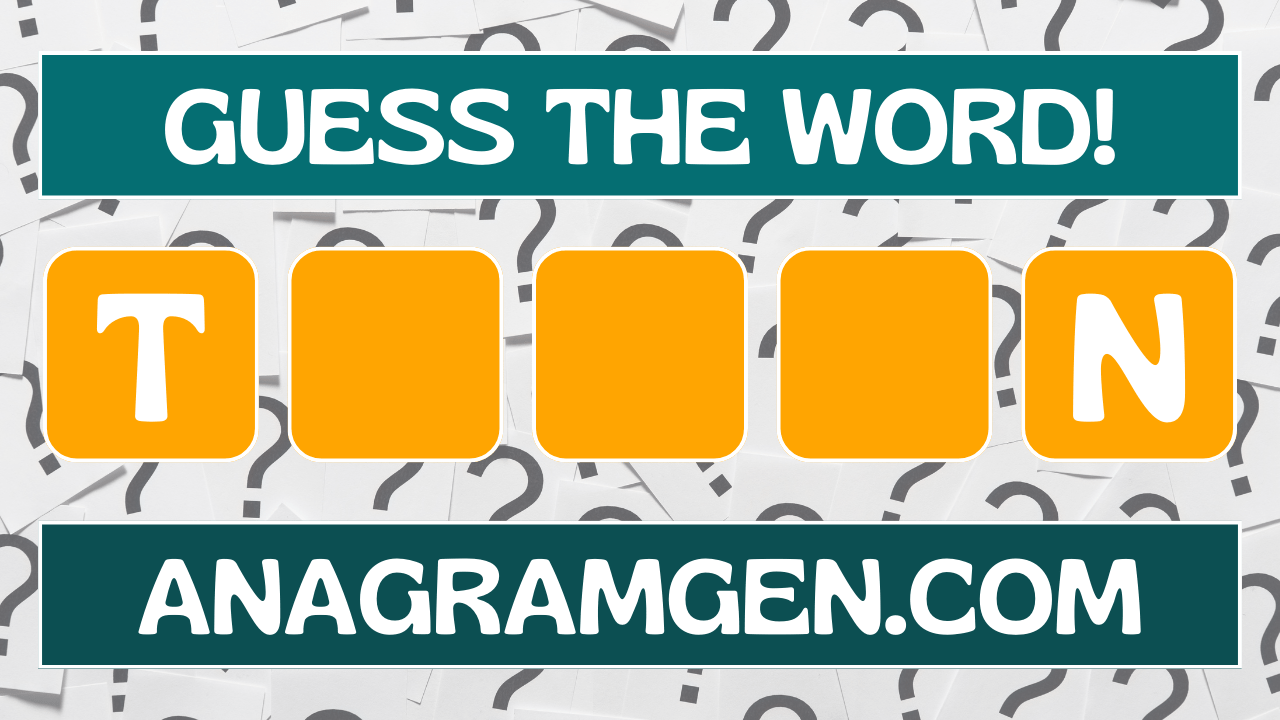
- The Making of Words: The objective of the game is for players to use a given collection of letters to form words. In anagrams, players can change the word order to create new words.
- Games Like Scrabble: Playing games such as Scrabble involves forming words on a game board using letters that players form on tiles. Players can use anagrams to discover the finest word combinations using the letters they have.
- Anagrams: These puzzles require players to decode scrambled words by rearranging their letters. The goal of these riddles is to practice solving anagrams.
- Searches using Words: Word search puzzles also contain anagrams, which players must decipher to uncover a hidden theme or message.
Cryptography
In the field of cryptography, anagrams can be used as a basic form of encryption to encode messages.

As a basic form of encryption, anagrams have their uses in cryptography. Their potential benefits are as follows:
- Scrambling: Anagrams are used to rearrange the characters in a message, making it more difficult to decipher for anyone who does not have the necessary decryption key.
- The Use of Pseudorandomization: To further complicate encryption, anagrams can rearrange letters according to a specified algorithm or key, introducing randomness into the message.
- obfuscation: It is possible to make it more difficult for unauthorized individuals to understand a communication, even if they manage to intercept it, by rearranging the letters of the message into an anagram.
Creative Writing:
Anagrams can be a great tool for writers looking for inspiration for word choice, pen names, or character names. There are many ways in which anagrams can inspire writers:
- Names of the Characters: Writers can create interesting and distinctive anagrams of character names by rearranging the letters in words or phrases that depict the character’s background, attributes, or personality.
- Identity Theft: Anagrams are a fantastic tool for generating pen names or pseudonyms, which writers love to use when they want to stay anonymous or adopt a different character when writing.
- Repetition: Anagrams are a great method for writers to exercise their imaginations and have fun with words; by making up new words that sound similar, they may give poetry and prose more depth and meaning.
- Tools for the Plot: Anagrams are a plot tool in mystery and puzzle fiction, where characters must translate them to uncover clues and solve riddles.
- A Source of Motivation: The opportunity to play around with different word combinations and their meanings in anagrams is a great way for writers to get ideas for themes, plot twists, and character motivations.
- Language Evaluation: Anagrams are a useful tool for linguists and language enthusiasts who research letter frequencies, word formations, and other facets of language structure. In the study of language, anagrams can be used for many purposes
Conclusion
In conclusion, anagrams are more than just a fun pastime, they’re a powerful tool for mental exercise and growth.
From sharpening problem-solving skills to enhancing memory and language abilities, anagrams offer a wealth of benefits. Whether you’re playing word games, exploring cryptography, or delving into creative writing, the versatility of anagrams knows no bounds.
So next time you find yourself rearranging letters, remember the hidden cognitive advantages they bring, enriching both your mind and your experiences. Happy anagramming!
